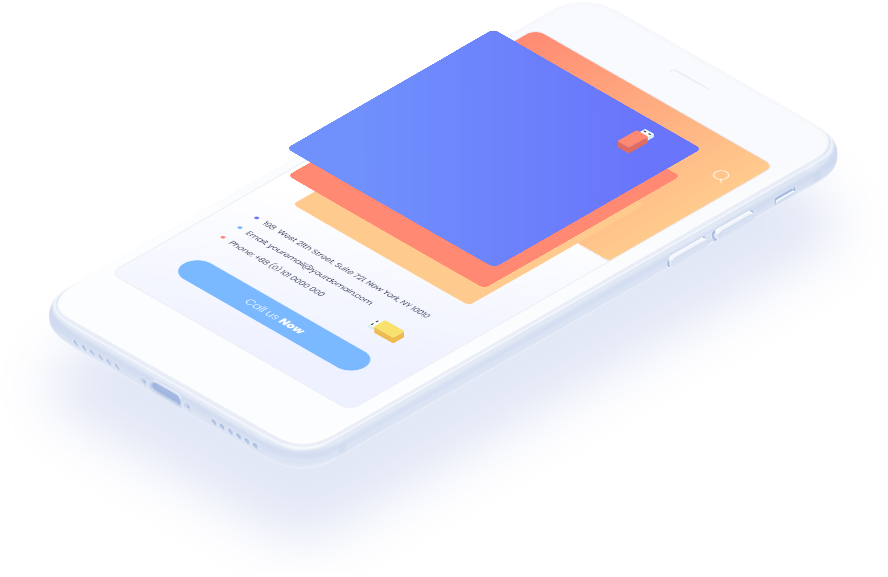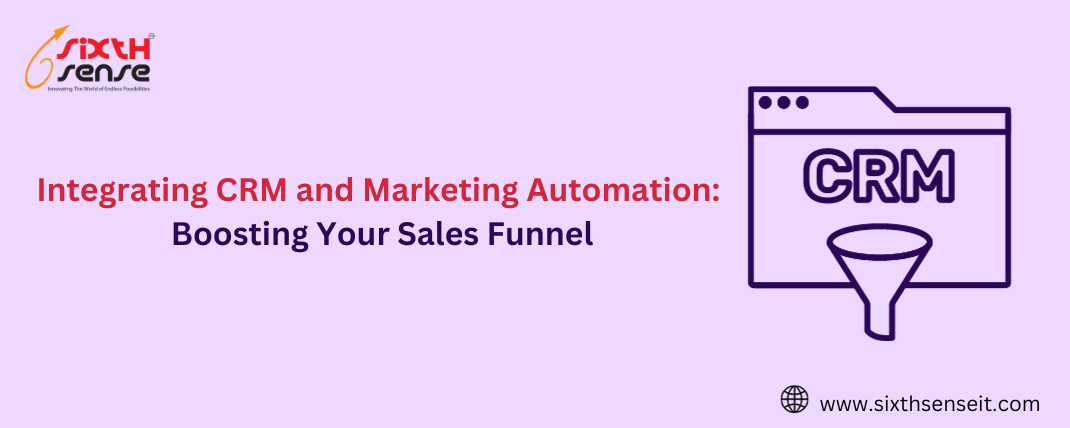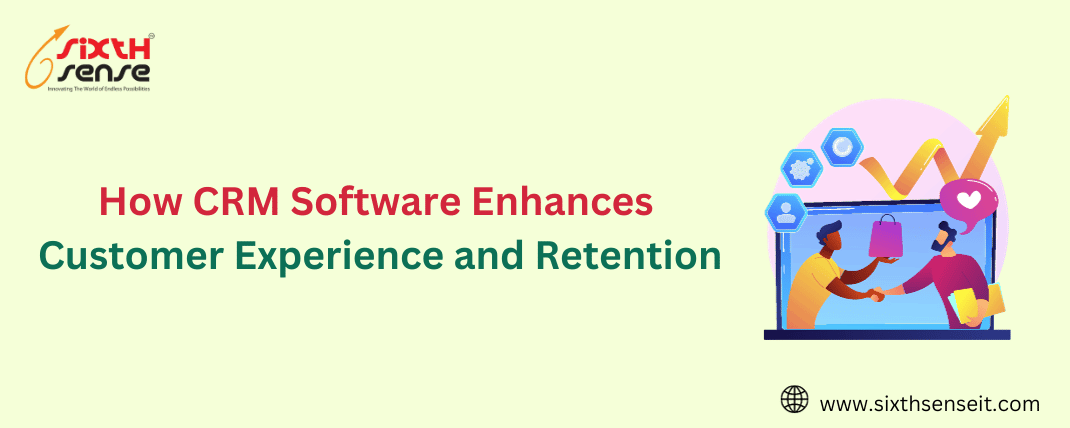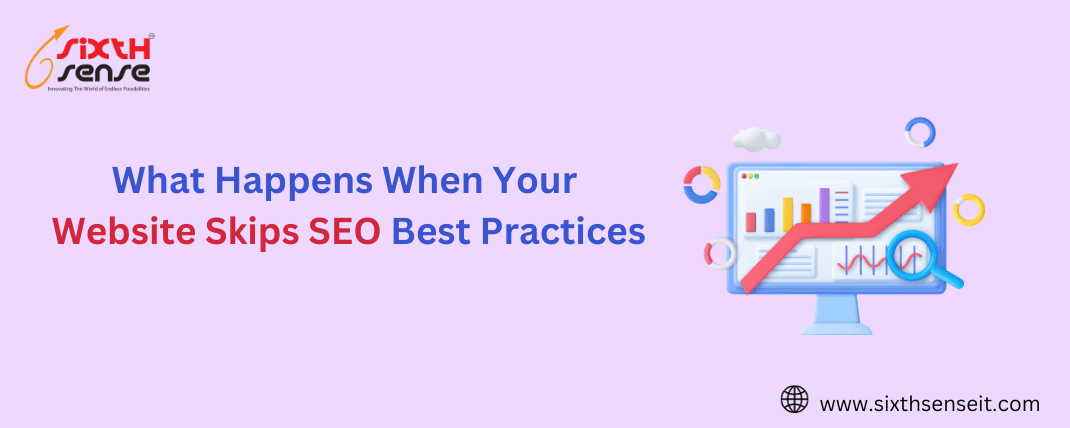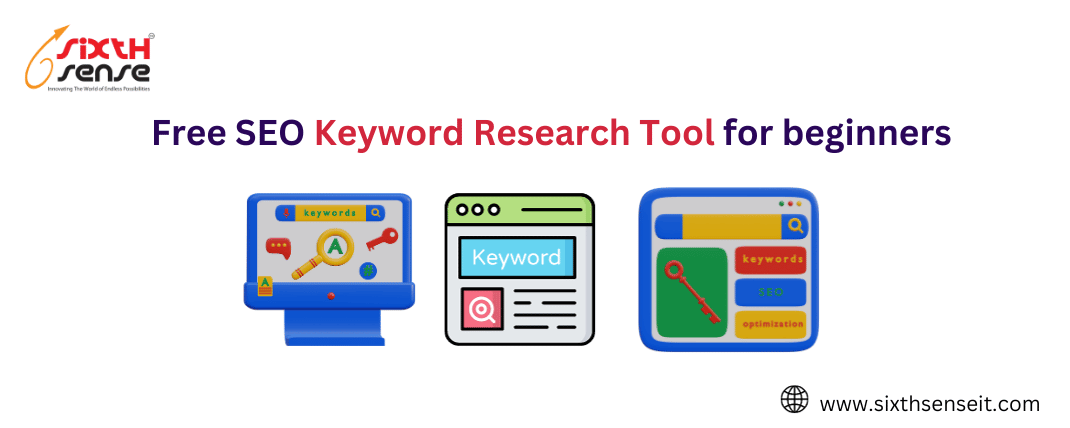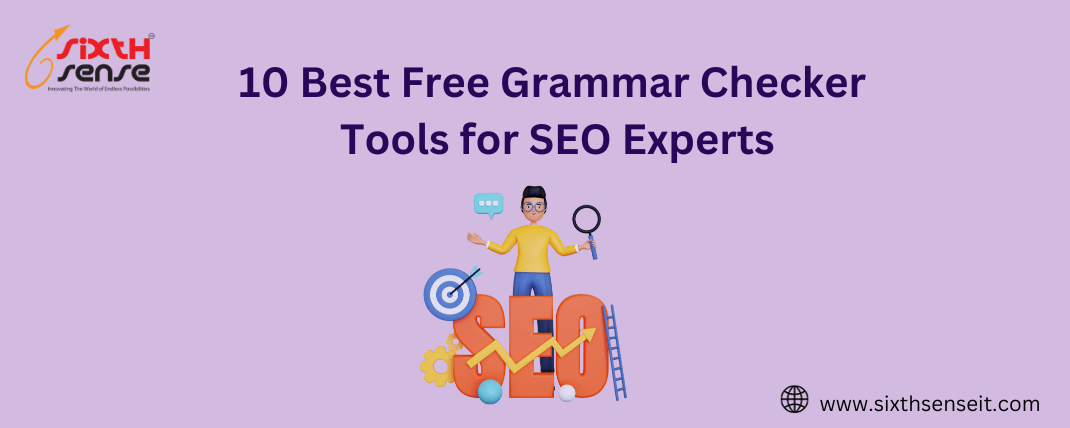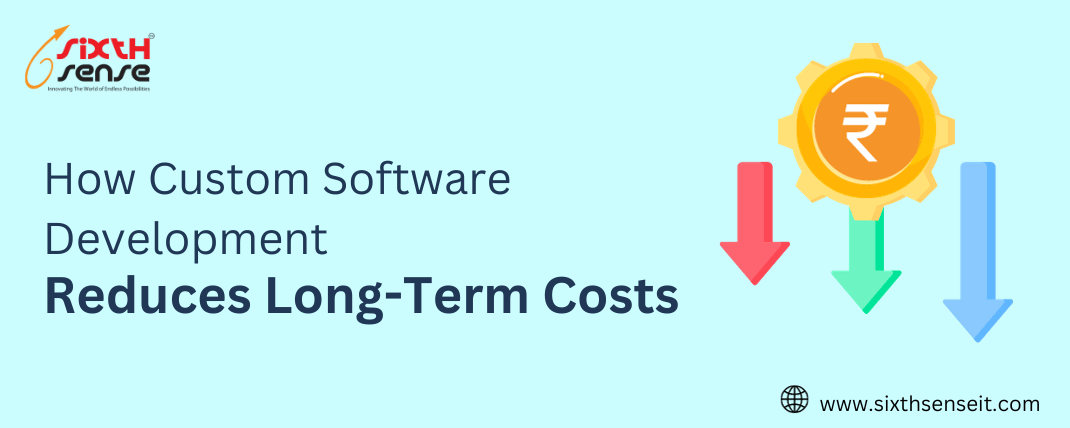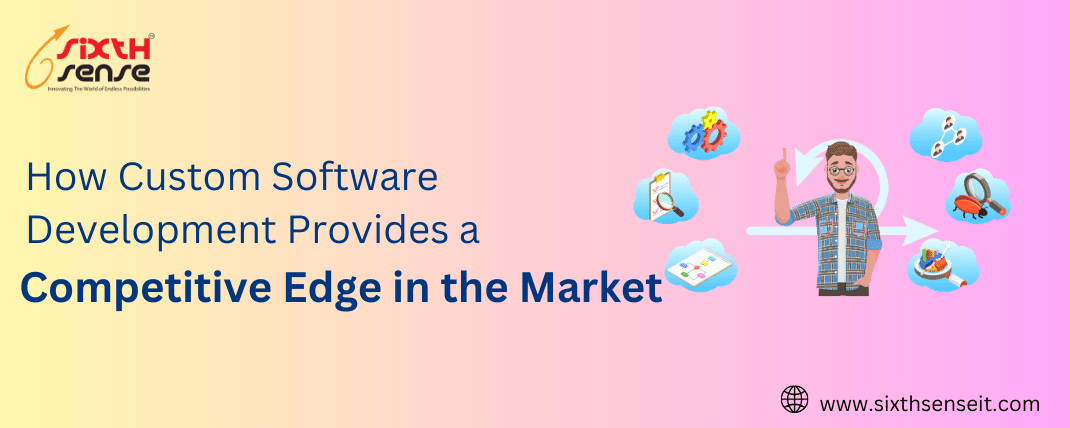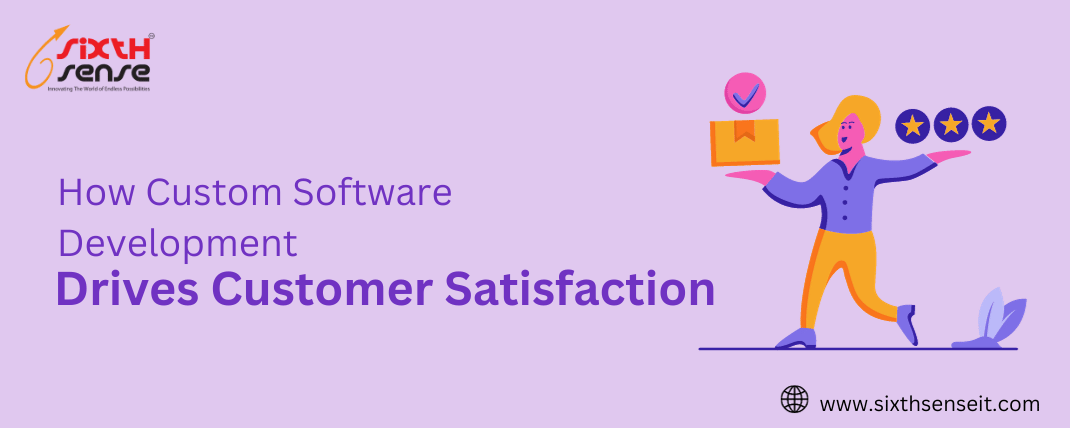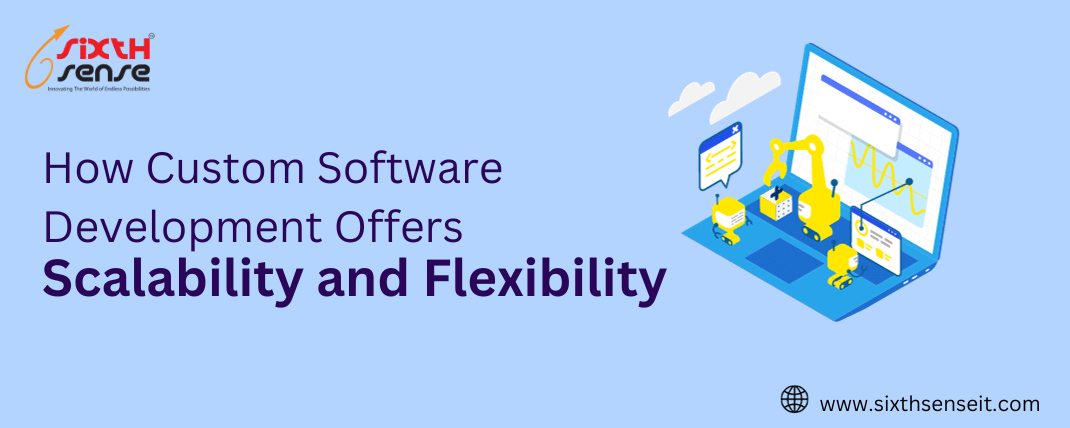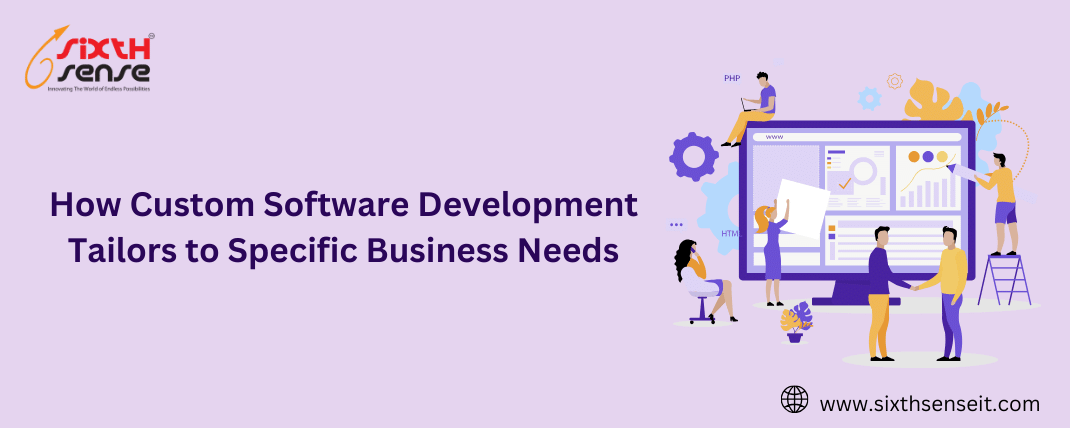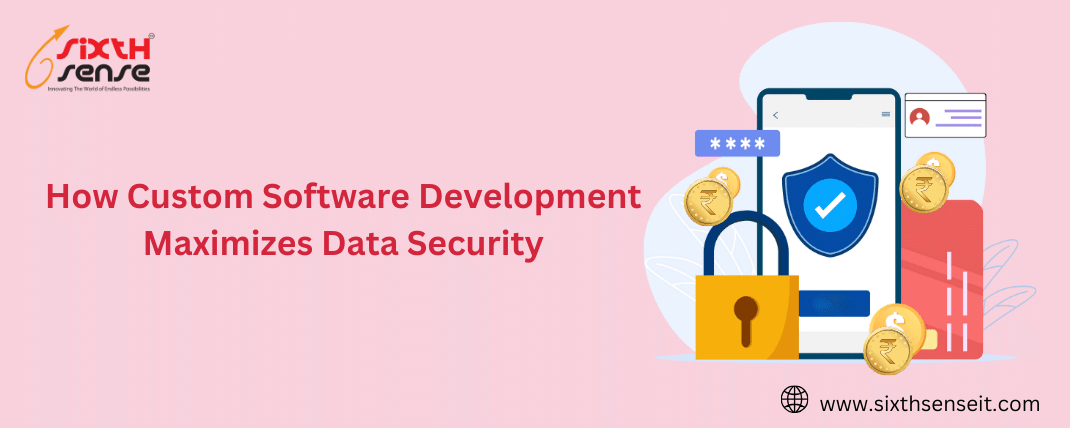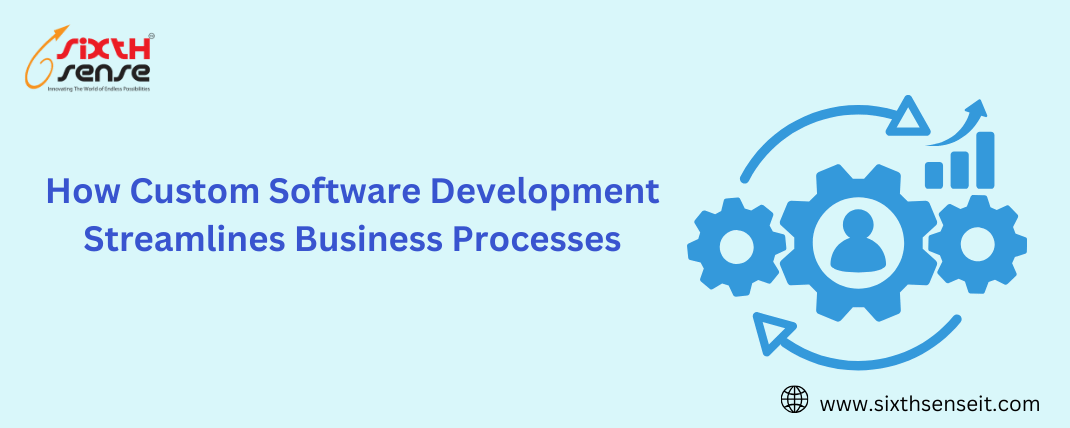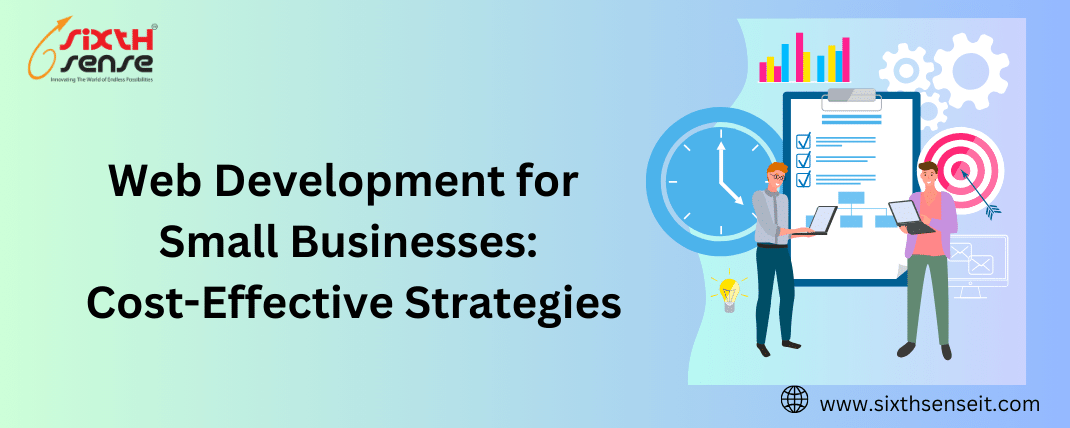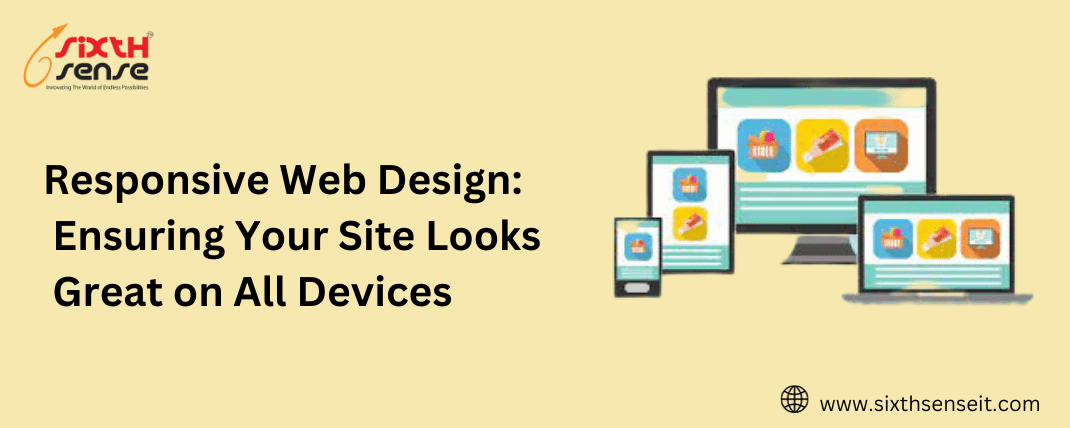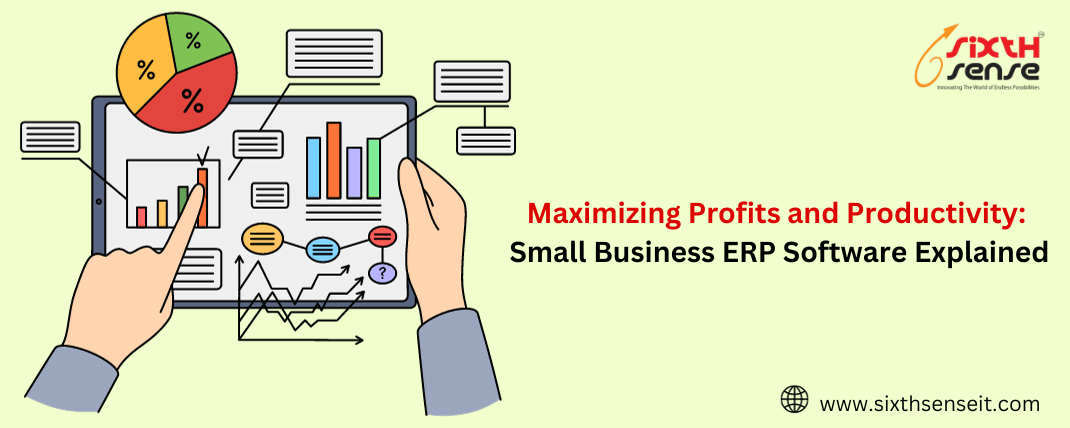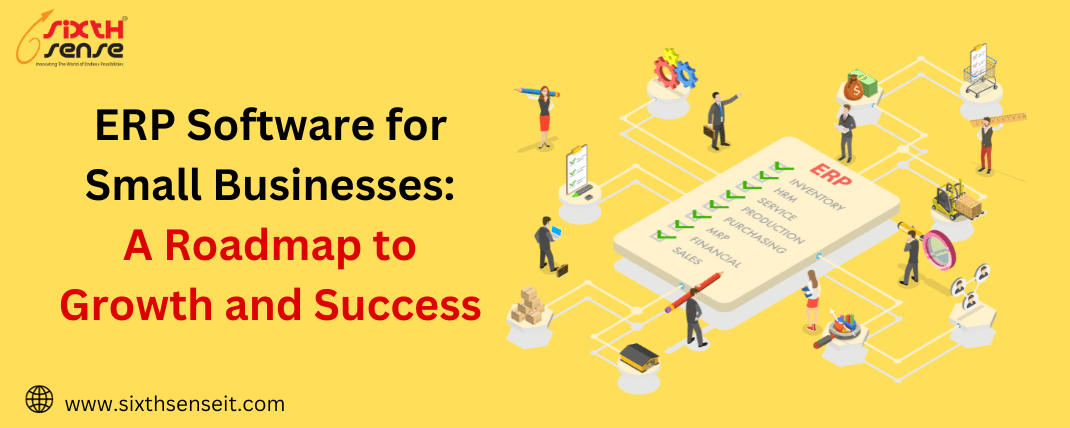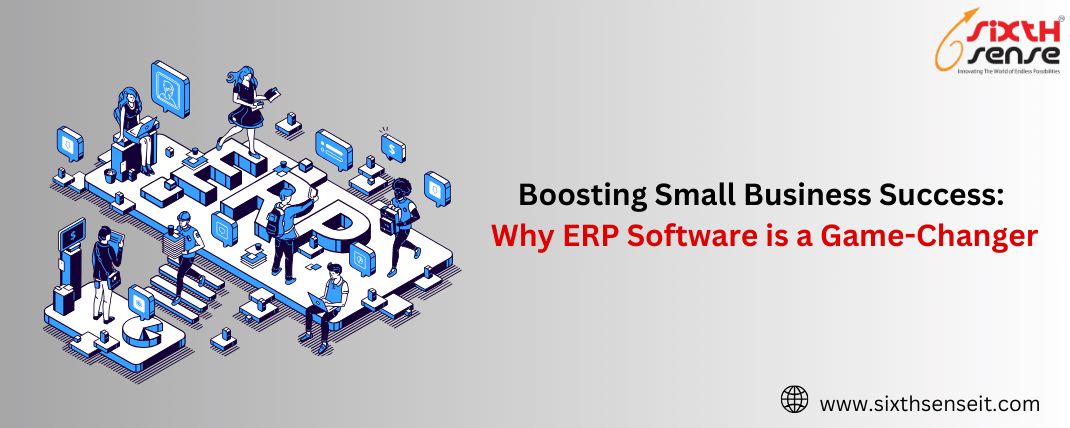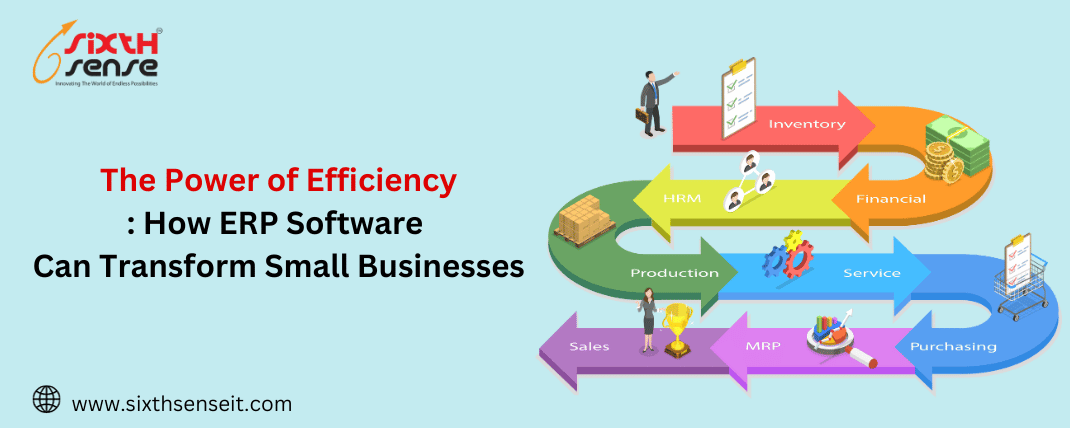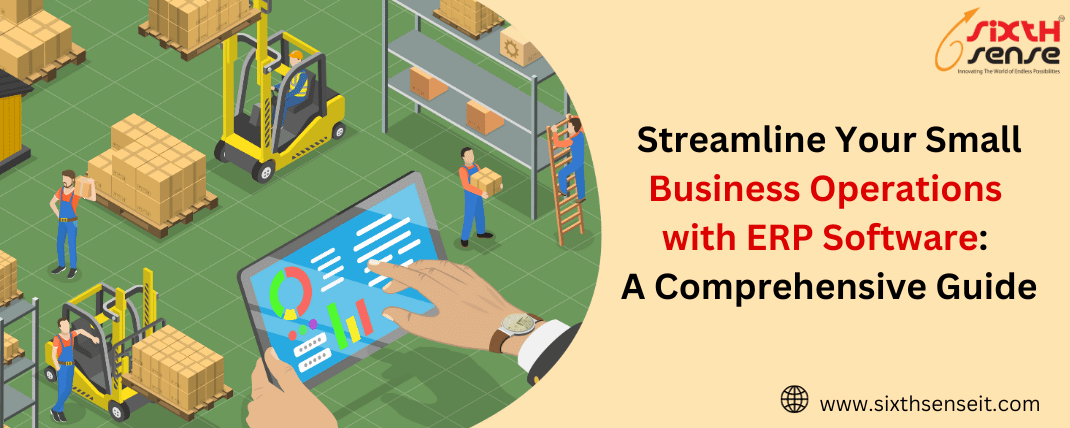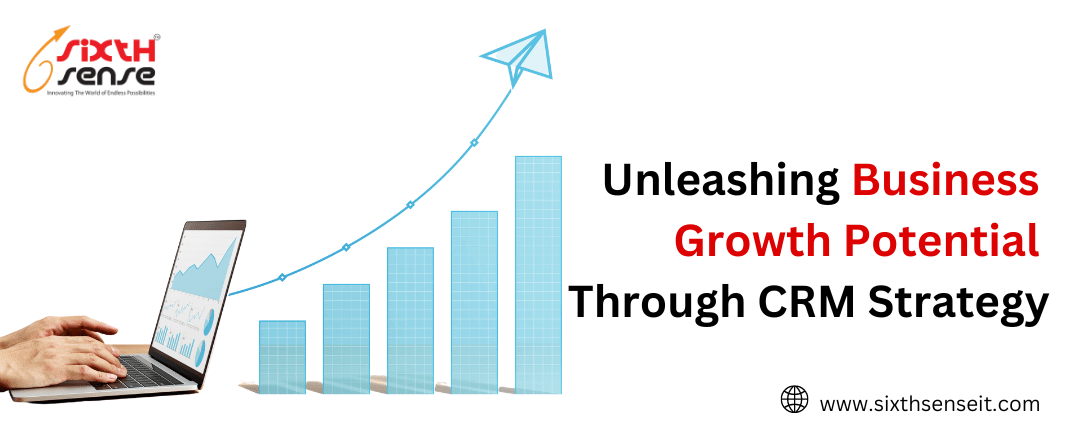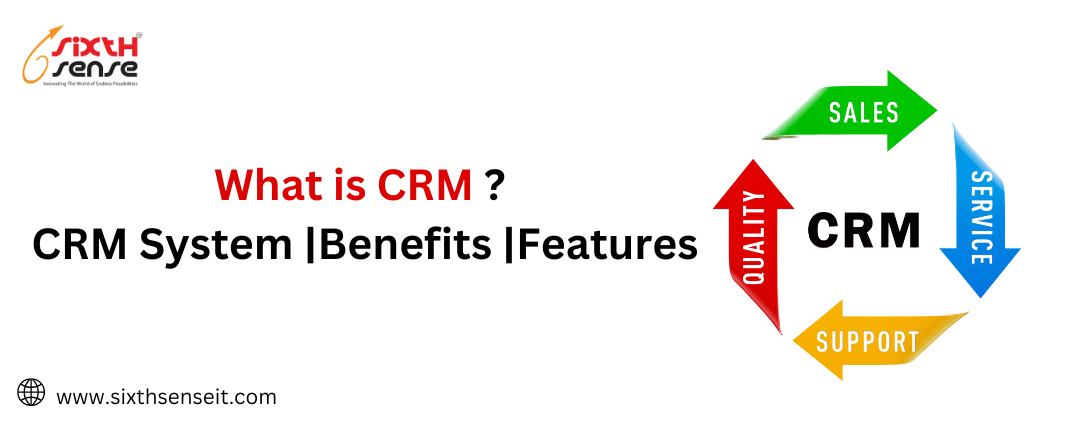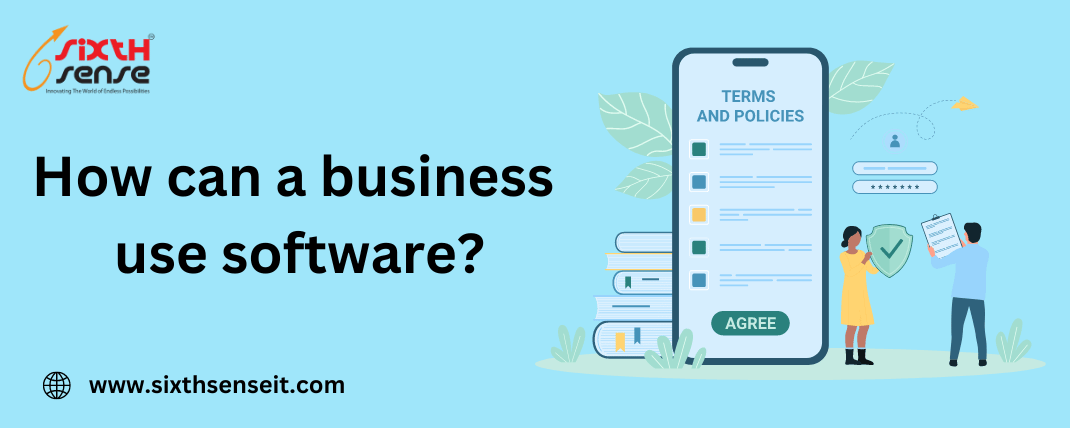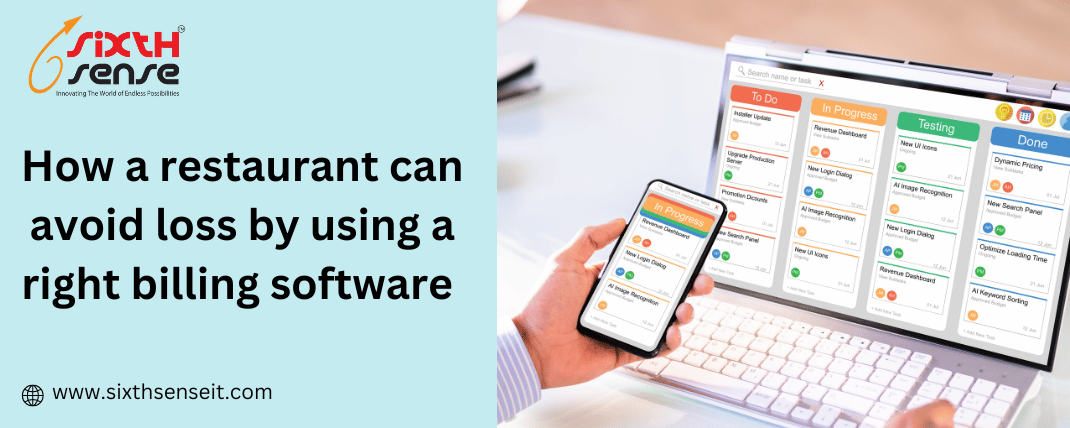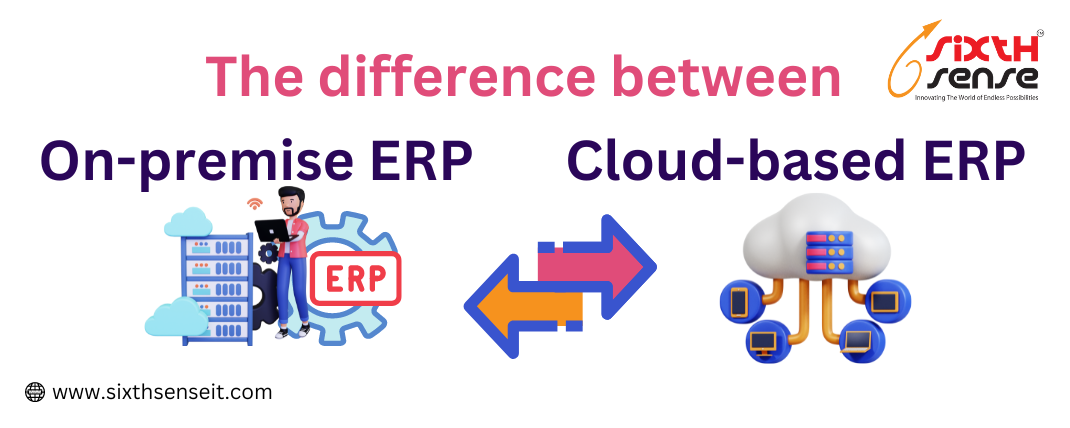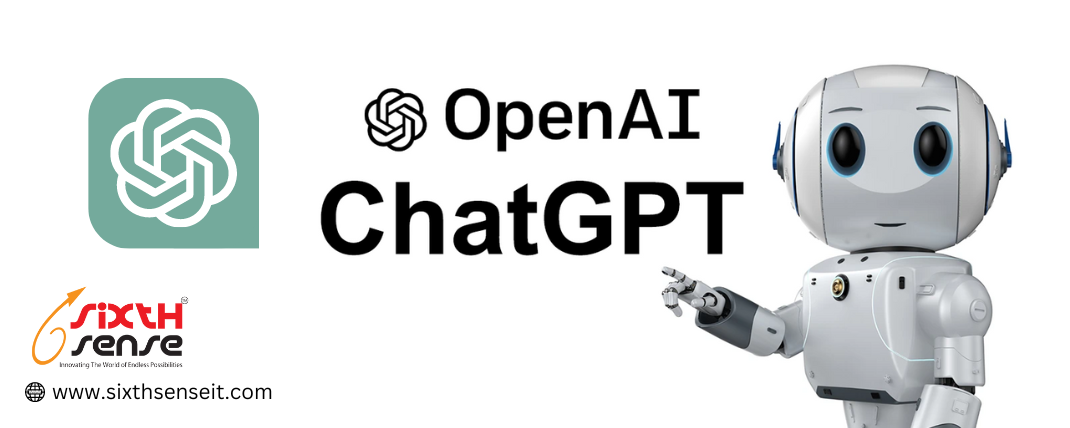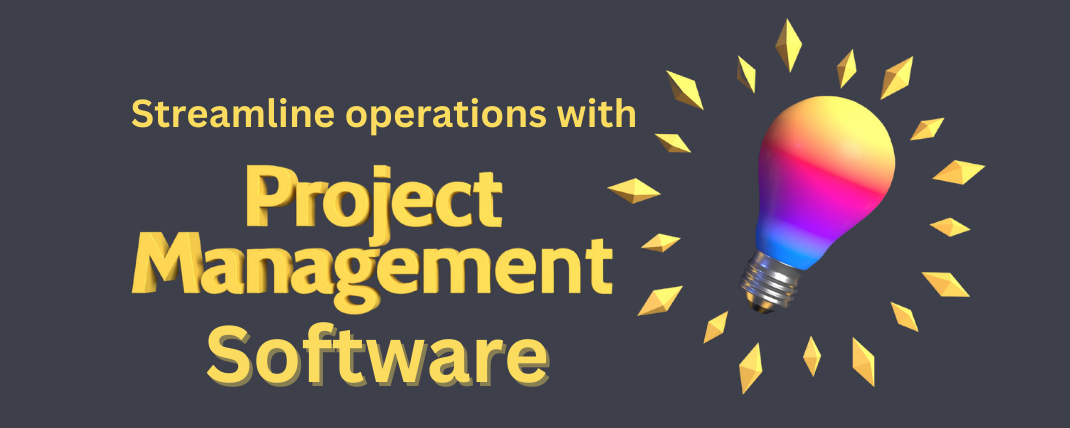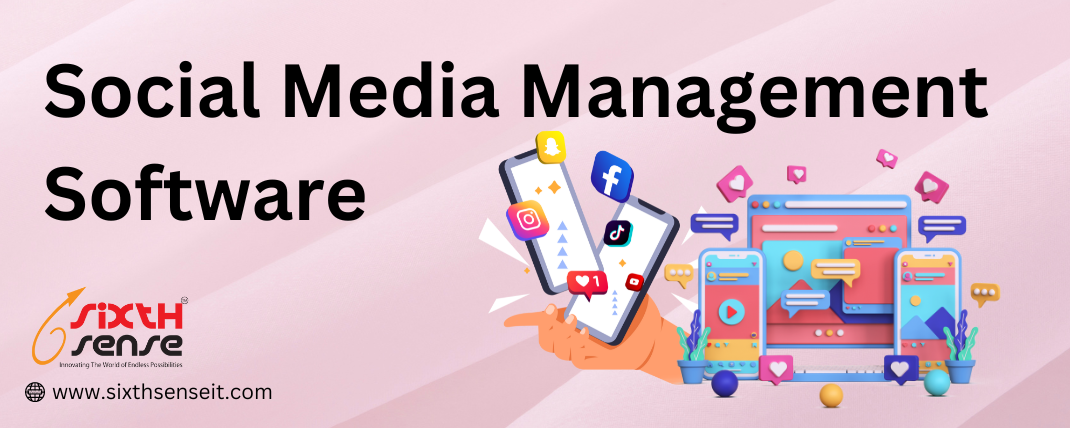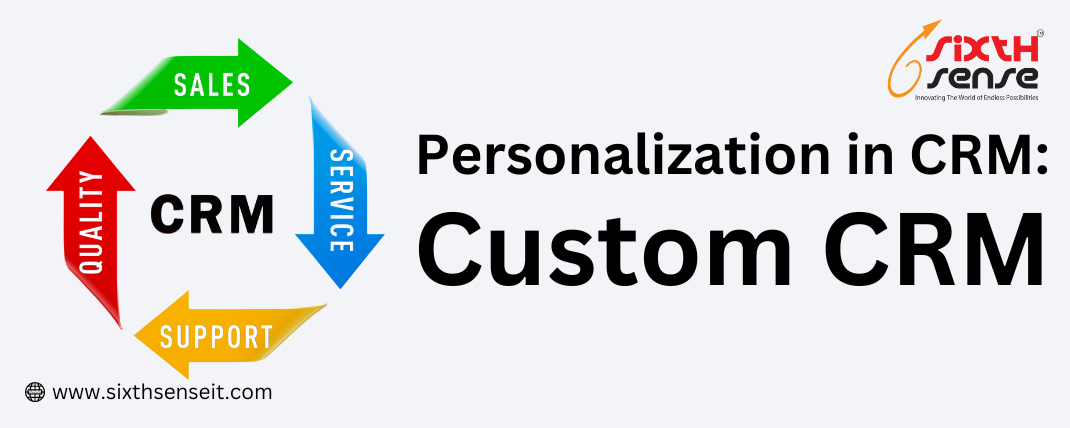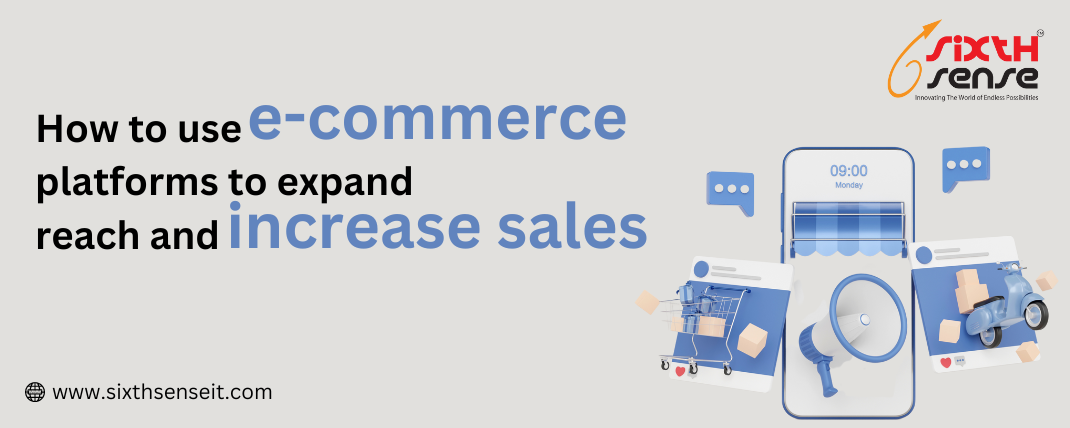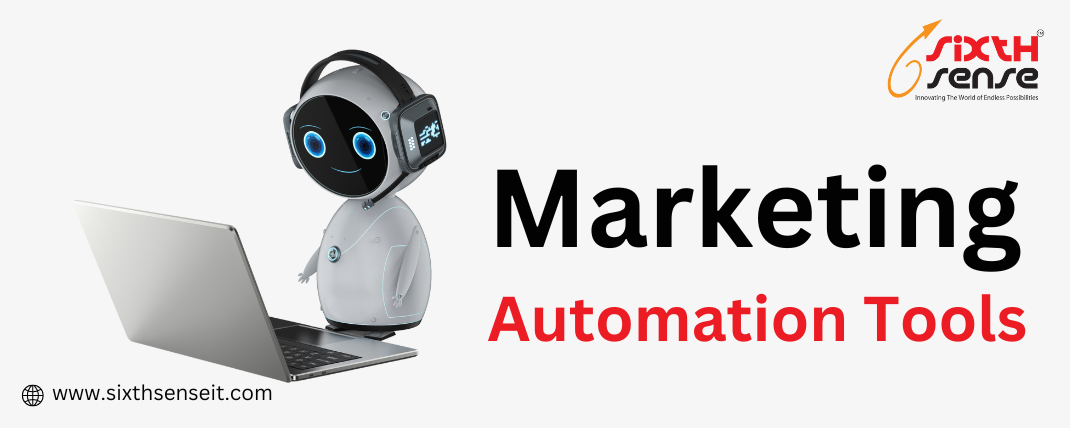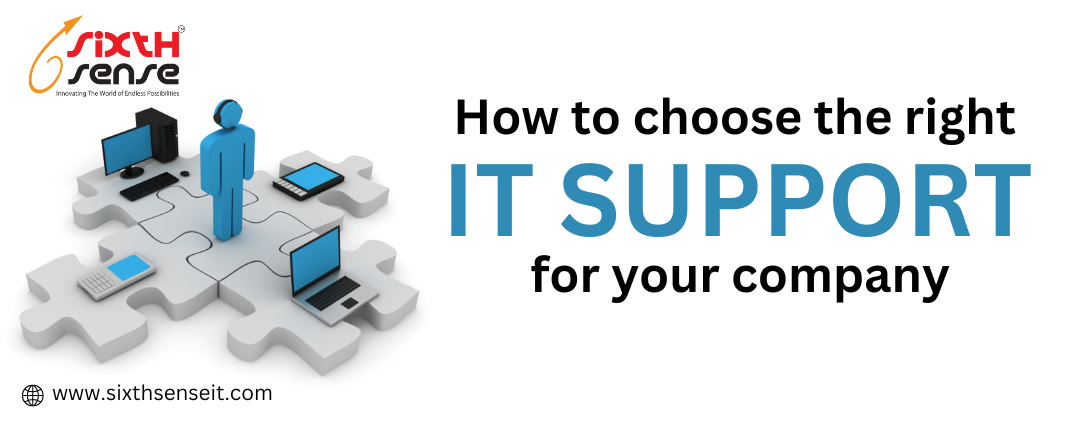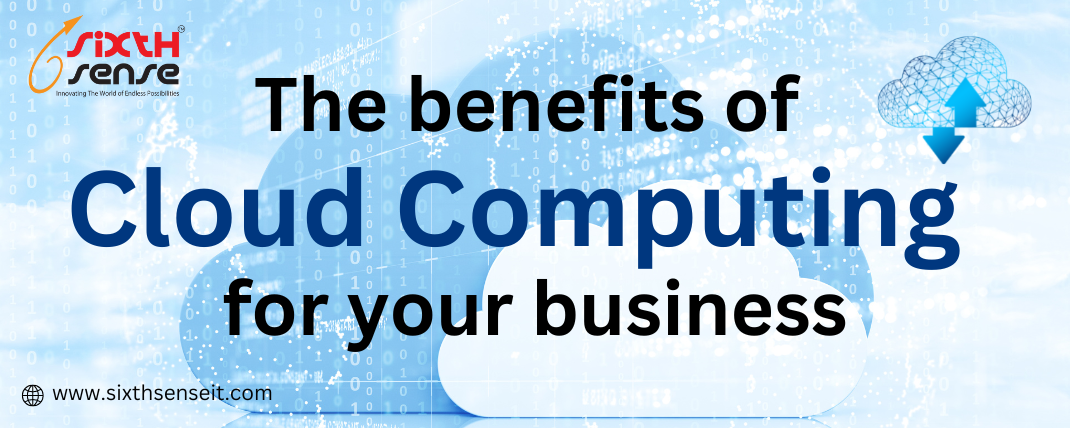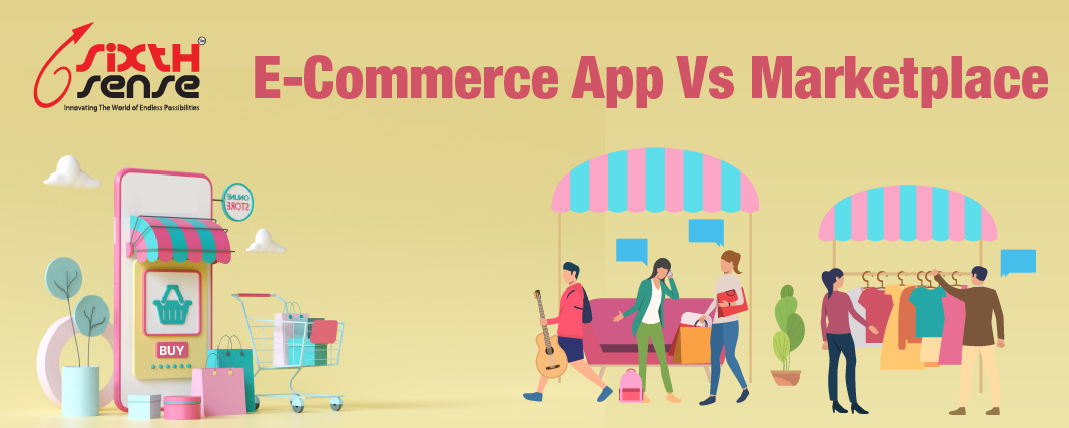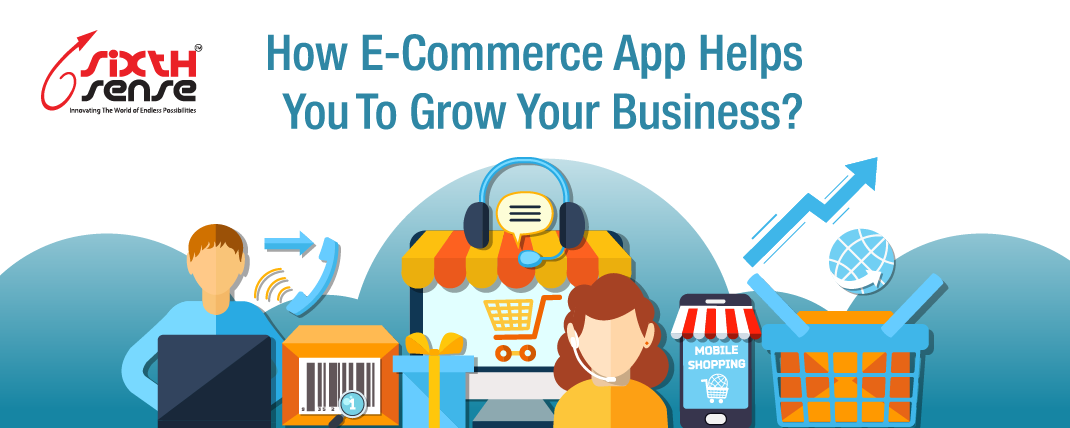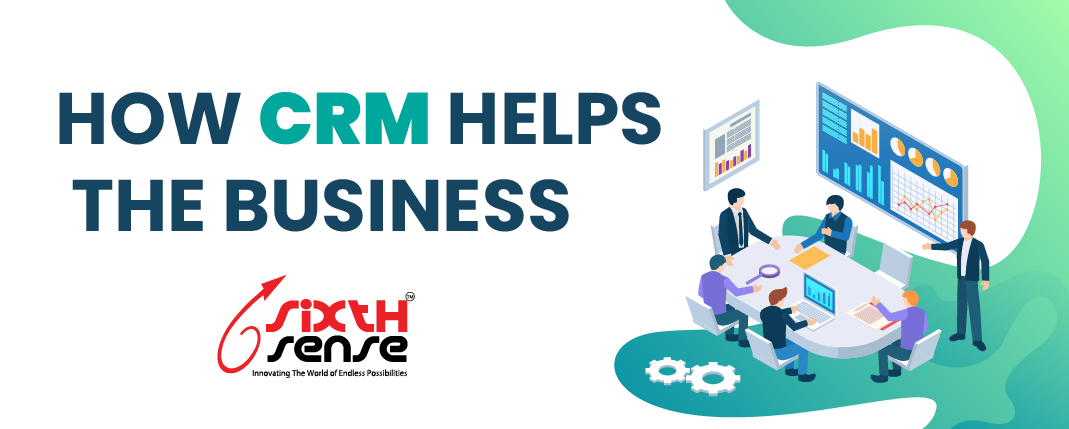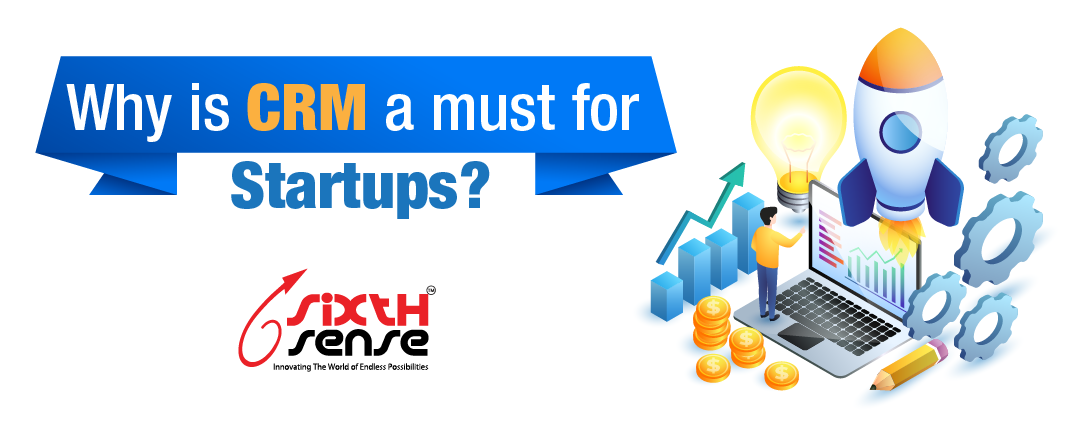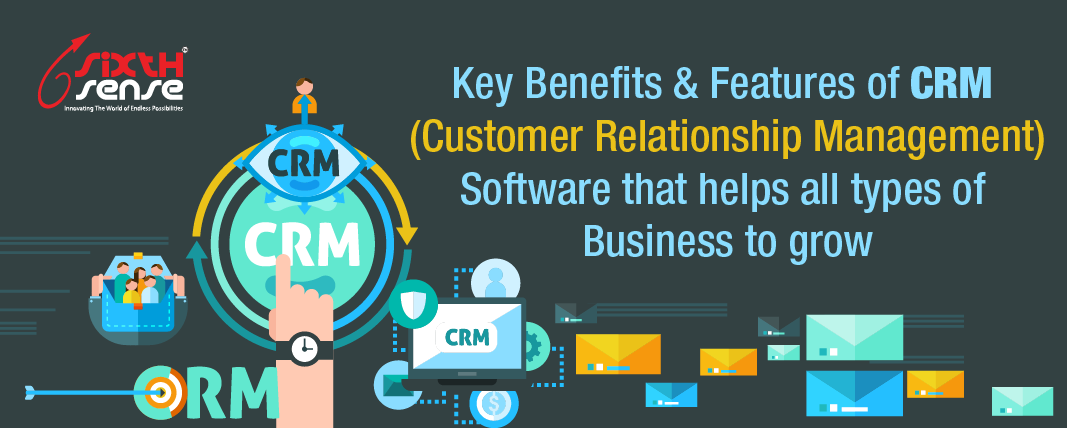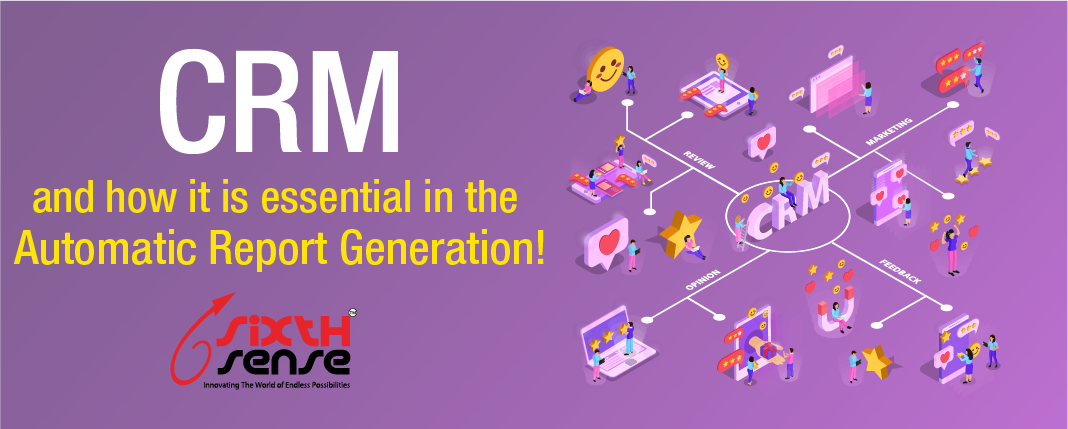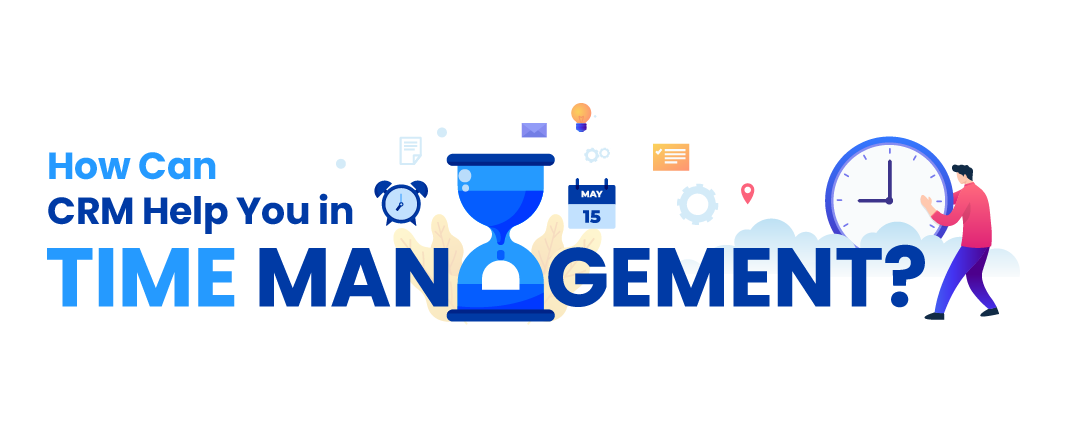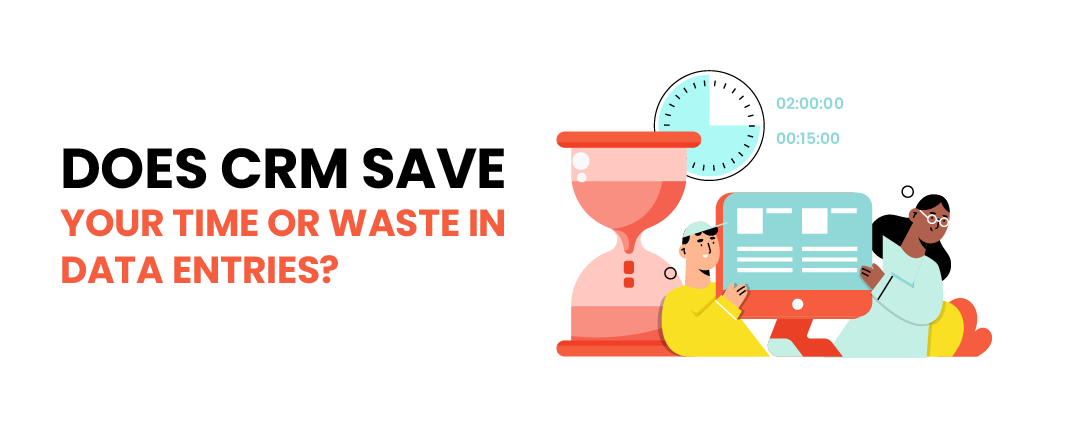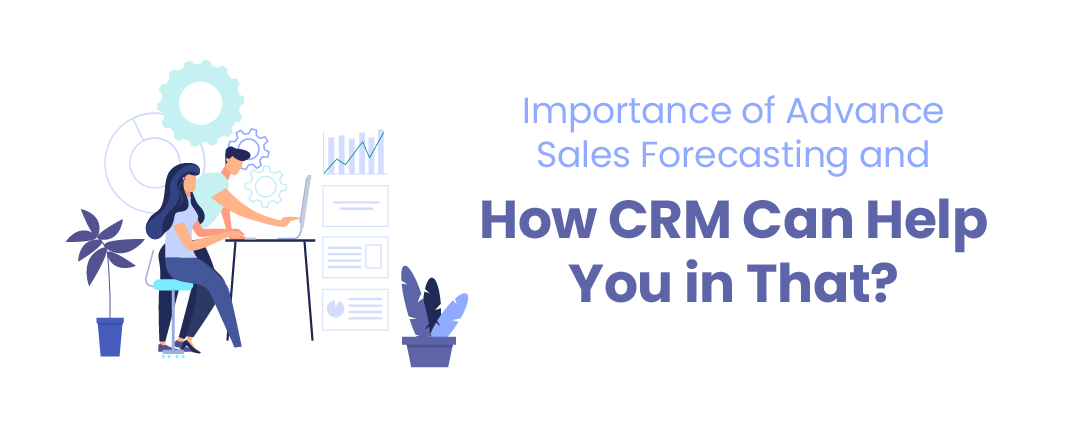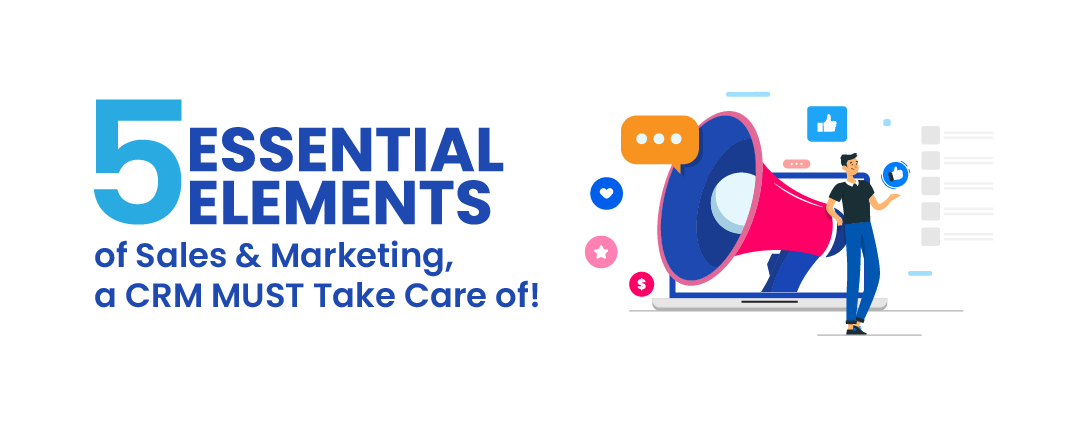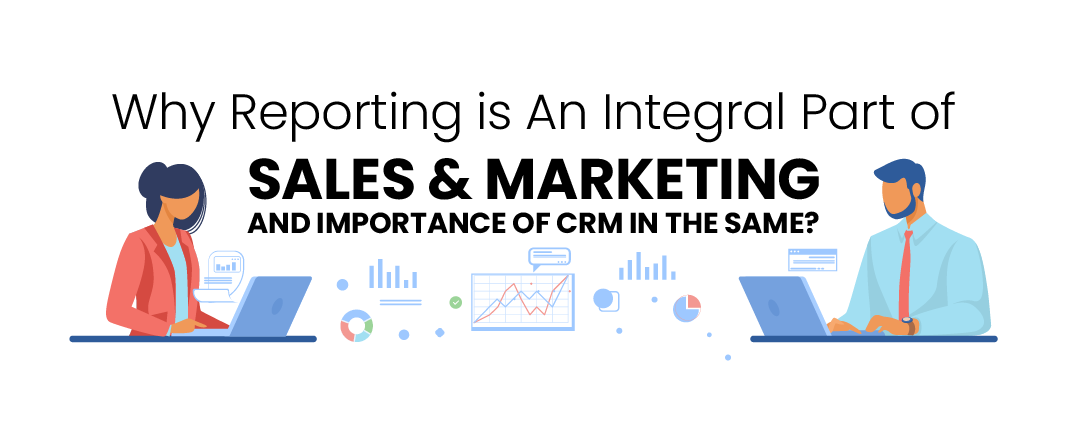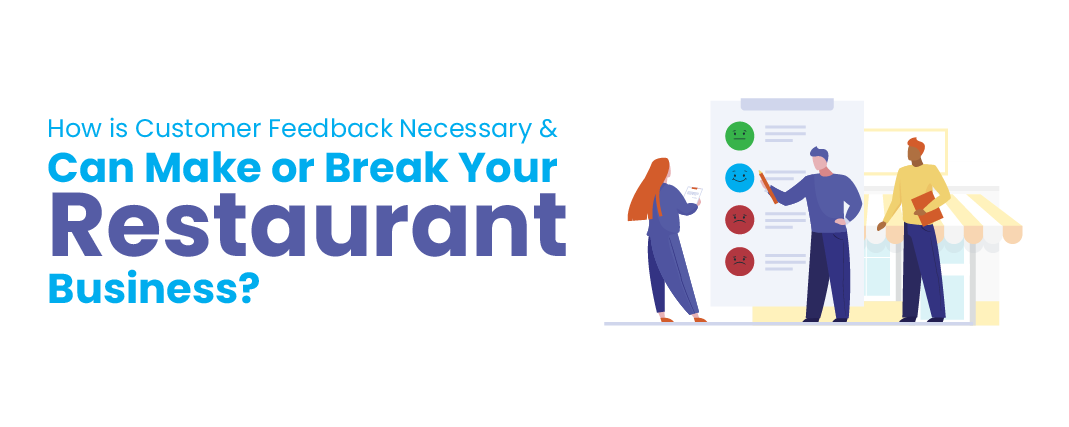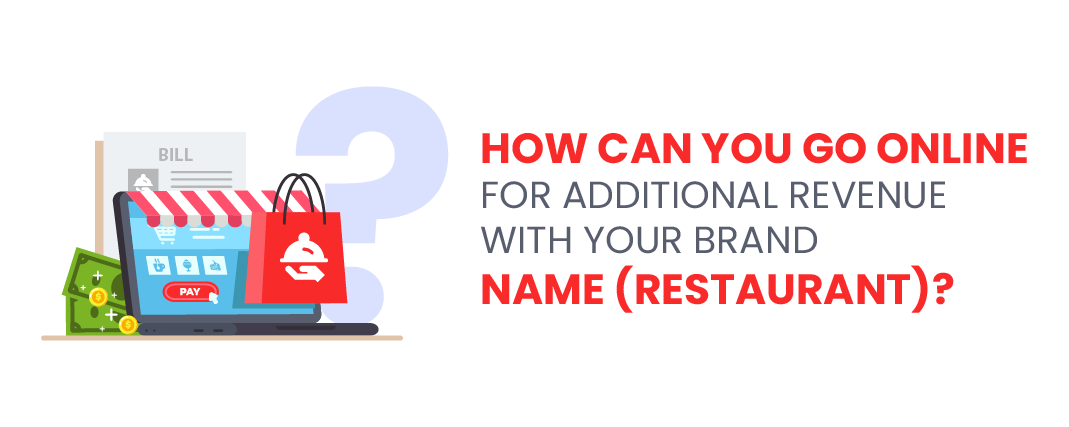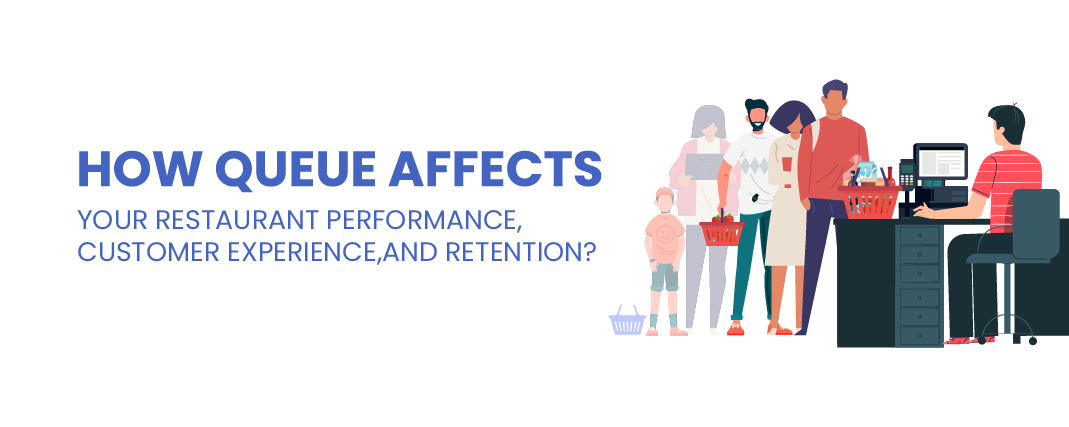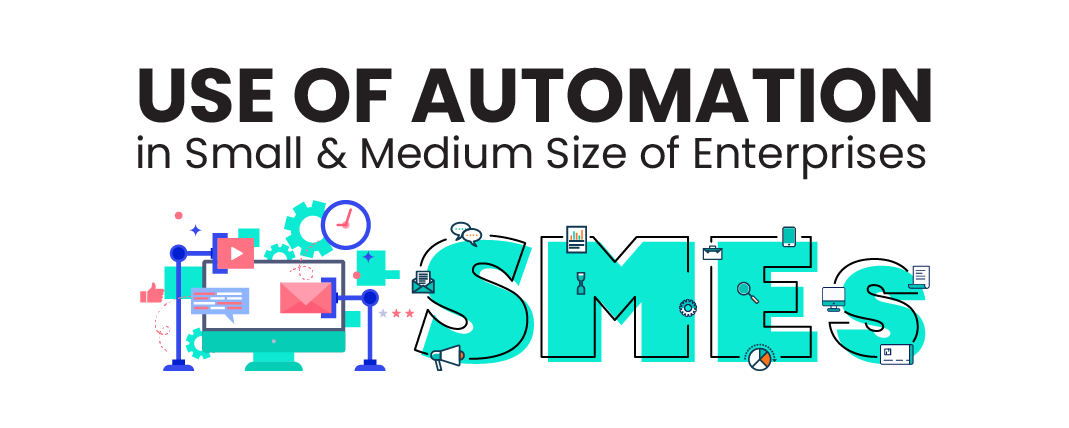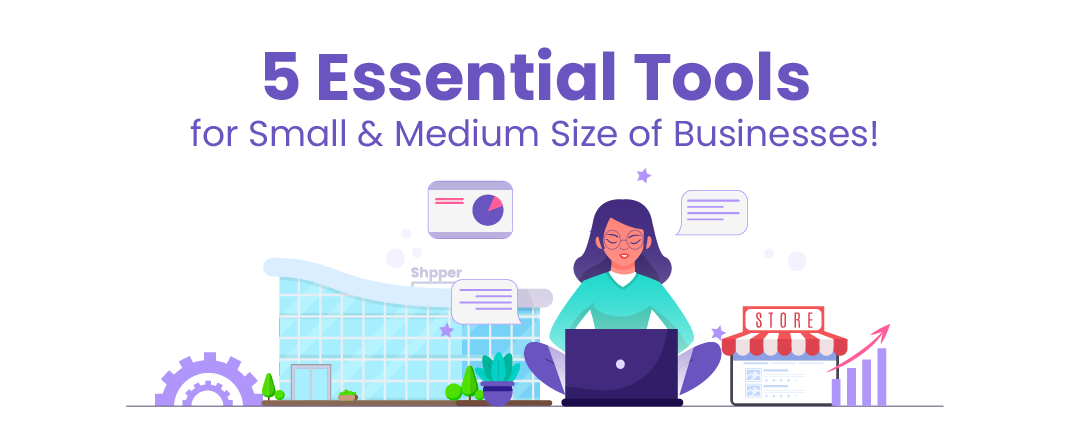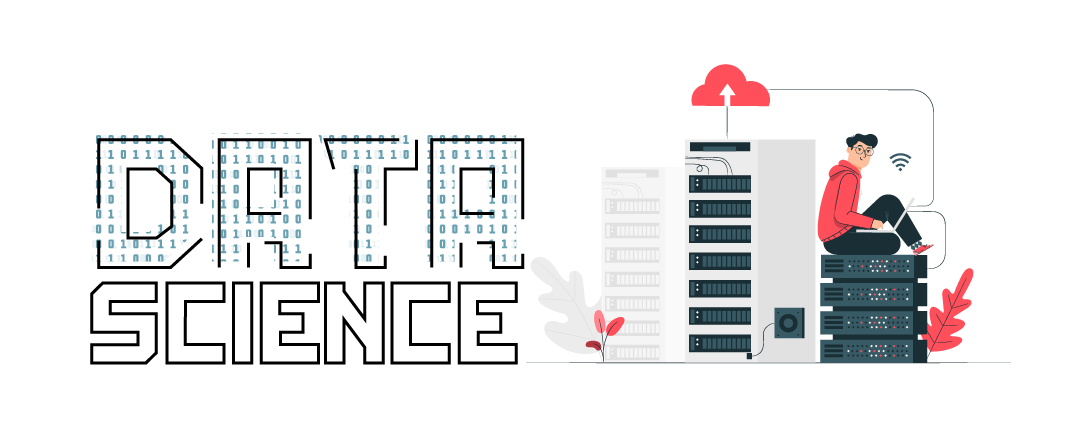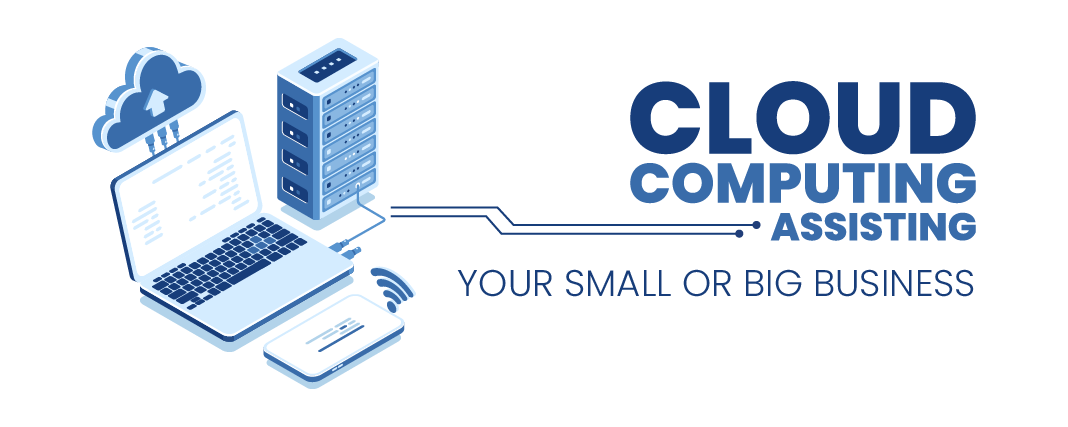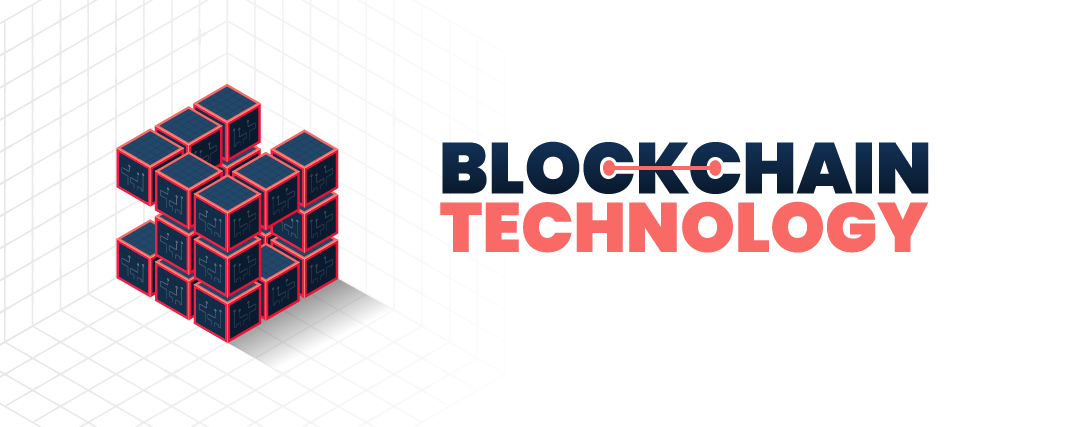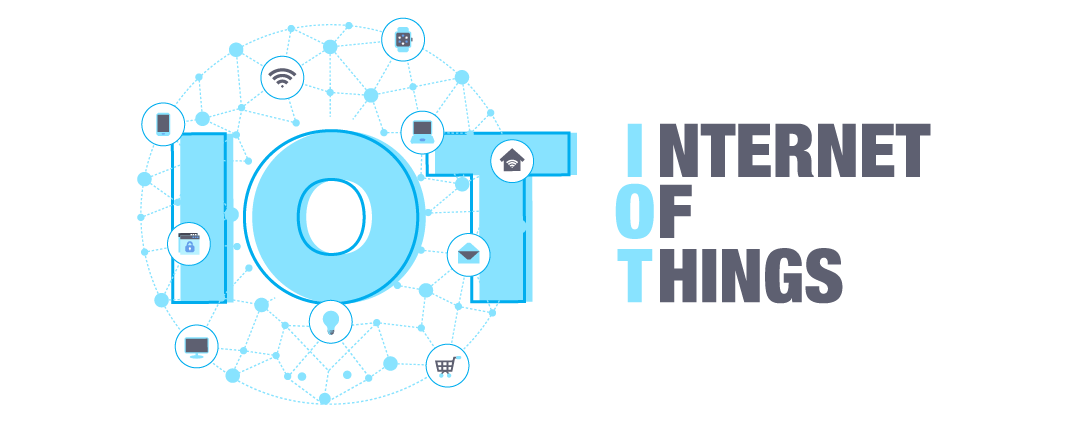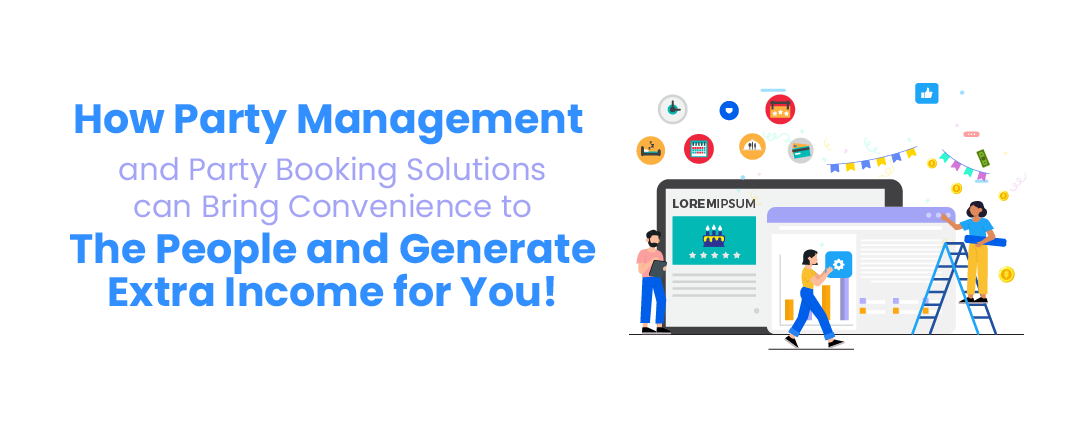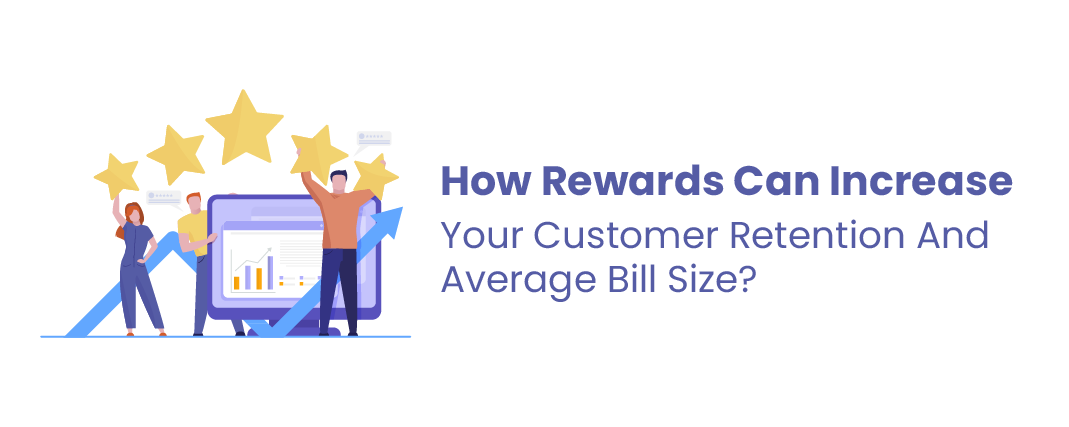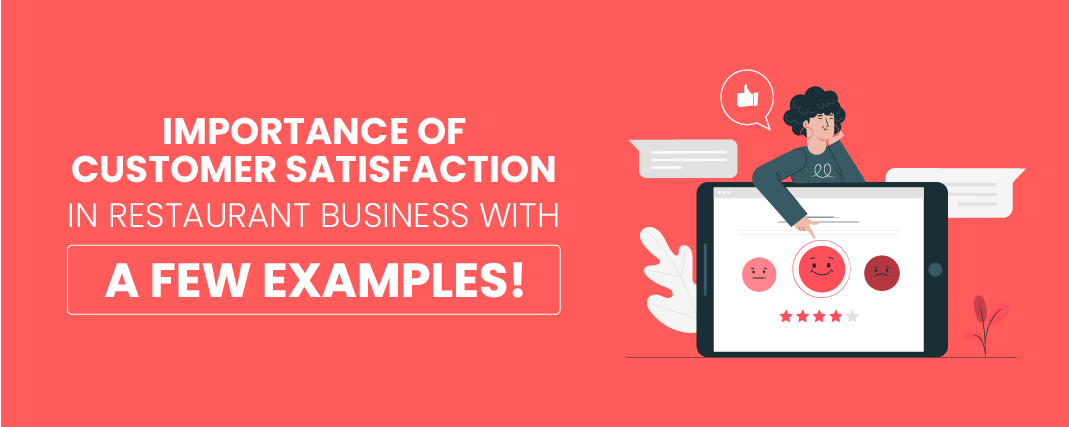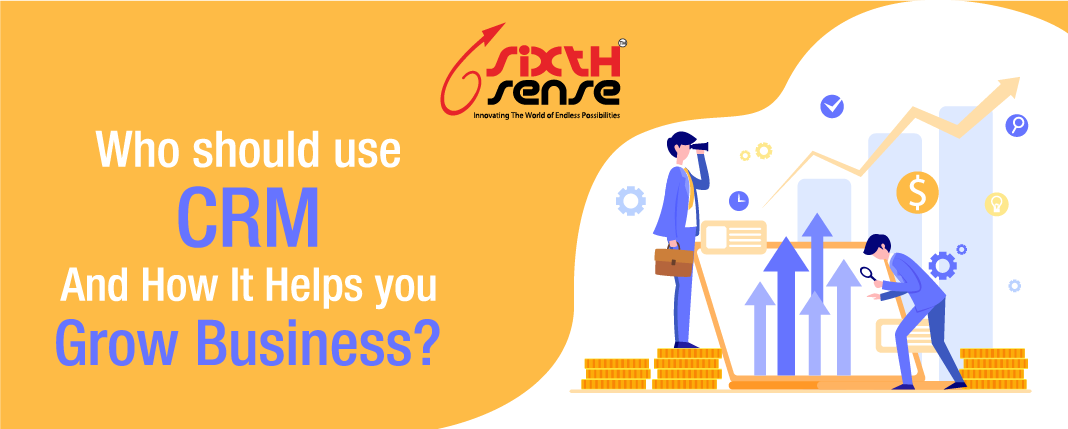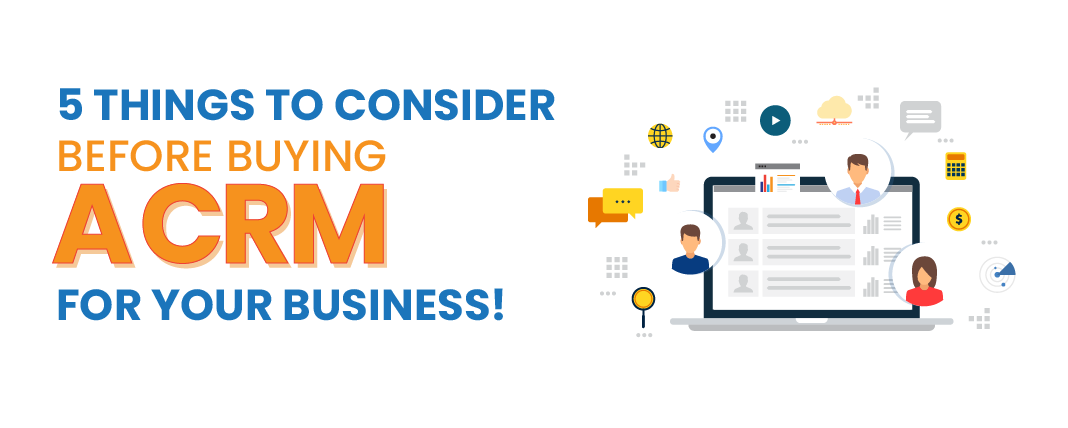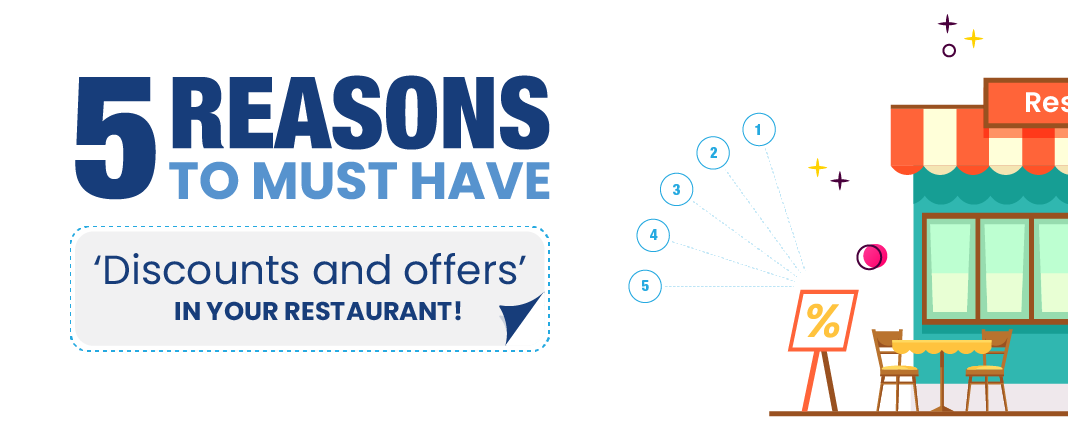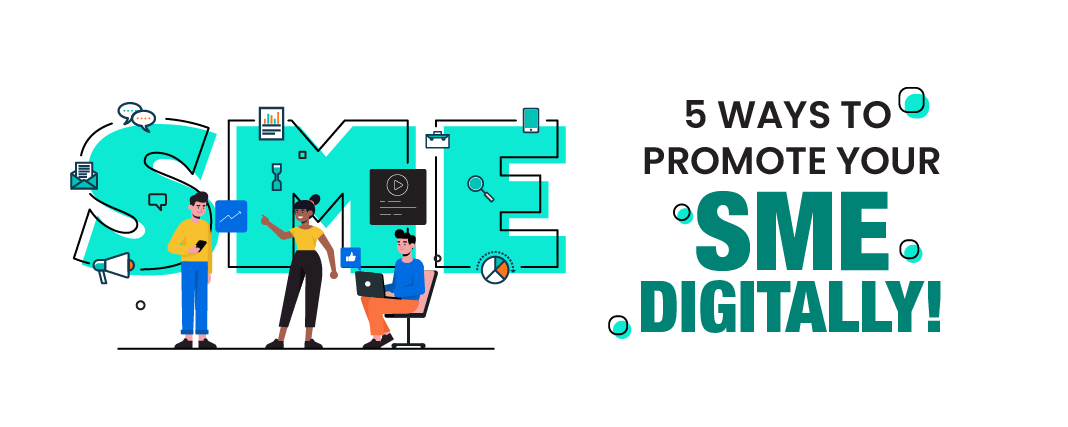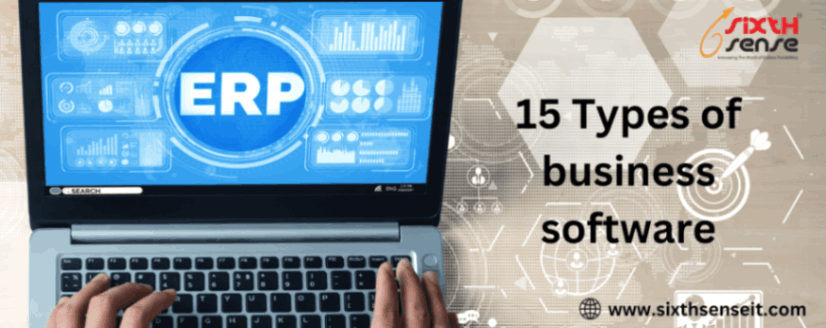
In today's digital age, businesses rely heavily on software to streamline their operations, increase efficiency, and improve productivity. There are various types of business software available in the market that cater to different aspects of business management. Let's explore some of the most common types of business software in this blog.
- Accounting Software: Accounting software is used for managing financial transactions, bookkeeping, and financial reporting. It helps businesses keep track of their expenses, revenues, and financial statements, and generates reports such as balance sheets, income statements, and cash flow statements. Popular accounting software options include Business sense, QuickBooks, Xero, and Zoho Books.
- Customer Relationship Management (CRM) Software: CRM software is used for managing customer relationships and interactions. It helps businesses track customer information, manage sales leads, automate marketing campaigns, and provide better customer service. CRM software enables businesses to understand their customers better and build stronger relationships with them. Popular CRM software options include Miss CRM, Salesforce, Microsoft Dynamics 365, and HubSpot CRM.
- Human Resources Management (HRM) Software: HRM software is used for managing human resources-related tasks, such as employee onboarding, payroll management, time and attendance tracking, performance management, and benefits administration. HRM software streamlines HR processes and ensures compliance with labor laws and regulations. Popular HRM software options include HRM Sense, ADP, BambooHR, and Workday.
- Project Management Software: Project management software is used for planning, organizing, and managing projects from start to finish. It helps businesses keep track of tasks, deadlines, and resources, and facilitates collaboration among team members. Project management software provides tools for project planning, scheduling, task assignment, and progress tracking. Popular project management software options include Sixth Sense PMS, Trello, Asana, and Microsoft Project.
- Communication and Collaboration Software: Communication and collaboration software enables team members to communicate and collaborate effectively, regardless of their geographical locations. It includes tools for email, instant messaging, video conferencing, file sharing, and document collaboration. Communication and collaboration software helps teams work together seamlessly and share information in real-time. Popular communication and collaboration software options include Workforce Sense, Microsoft Teams, Slack, and Google Workspace.
- Enterprise Resource Planning (ERP) Software: ERP software is used for managing various aspects of a business, including finance, inventory, manufacturing, supply chain, and human resources. It integrates different business functions into a single, unified system, providing a holistic view of the business operations. ERP software helps businesses streamline processes, optimize resources, and make data-driven decisions. Popular ERP software options include, ERP Sense, SAP, Oracle NetSuite, and Microsoft Dynamics 365.
- E-commerce Platform: E-commerce platforms are used for setting up and managing online stores. They provide tools for creating product catalogs, managing inventory, processing payments, and handling customer orders. E-commerce platforms enable businesses to sell products and services online, reach a wider audience, and manage their online sales channels. Popular e-commerce platform options include Shopify, WooCommerce, and BigCommerce.
- Marketing Automation Software: Marketing automation software is used for automating marketing tasks such as email marketing, social media management, lead generation, and customer segmentation. It helps businesses streamline their marketing efforts, personalize customer interactions, and track marketing performance. Marketing automation software saves time and effort in managing marketing campaigns and nurturing leads. Popular marketing automation software options include, Miss CRM, Marketo, Mailchimp, and HubSpot.
- Business Intelligence (BI) Software: BI software is used for analyzing and visualizing data to gain insights into business performance and make data-driven decisions. It provides tools for data visualization, reporting, and data analytics. BI software helps businesses understand their data better and uncover patterns, trends, and opportunities. Popular BI software options include Tableau, Power BI, and QlikView.
- Cybersecurity Software: Cybersecurity software is used for protecting business data, networks, and systems from cyber threats such as viruses, malware, ransomware, and hackers. It includes tools for antivirus protection, firewall, data encryption, and intrusion detection. Cybersecurity software helps businesses safeguard their sensitive information and prevent data breaches, which can lead to financial losses and reputational damage. Popular cybersecurity software options include Norton, McAfee, and Palo Alto Networks.
- Point of Sale (POS) Software: POS software is used for processing sales transactions at the point of sale, such as in retail stores, restaurants, and hospitality businesses. It includes tools for inventory management, sales tracking, and payment processing. POS software helps businesses streamline their sales processes, manage inventory levels, and provide a seamless customer experience. Popular POS software options include Miss CRM, Square, Shopify POS, and Lightspeed.
- Productivity Tools: Productivity tools are used for enhancing productivity and collaboration among team members. They include tools for project management, task management, document collaboration, and time tracking. Productivity tools help businesses manage their work efficiently, prioritize tasks, and stay organized. Popular productivity tool options include Office Sense, Microsoft Office 365, Google Workspace, and Trello.
- Cloud Storage and File Sharing: Cloud storage and file sharing tools are used for storing and sharing files and documents online. They provide remote access to files, allow for collaboration among team members, and provide data backup and recovery options. Cloud storage and file sharing tools enable businesses to store, share, and collaborate on files securely from anywhere, anytime. Popular cloud storage and file sharing options include Google Drive, Dropbox, and Microsoft OneDrive.
- Social Media Management Software: Social media management software is used for managing social media accounts and campaigns. It includes tools for social media scheduling, content creation, and social media analytics. Social media management software helps businesses streamline their social media efforts, manage multiple social media accounts, and analyze social media performance. Popular social media management software options include Miss CRM, Hootsuite, Sprout Social, and Buffer.
- Virtual Meeting and Webinar Software: Virtual meeting and webinar software are used for conducting virtual meetings, webinars, and online conferences. They include tools for video conferencing, screen sharing, and recording. Virtual meeting and webinar software help businesses communicate and collaborate remotely, conduct virtual events, and deliver presentations to a global audience. Popular virtual meeting and webinar software options include Zoom, Microsoft Teams, and Webex.
In conclusion, these are some of the most common types of business software that are widely used by businesses of all sizes and industries. Depending on your business needs, you may choose one or more of these software types to streamline your operations, improve productivity, and achieve business success in the digital era. It's essential to thoroughly research and select the right software that aligns with your business requirements and budget, and provides reliable features and security to support your business goals. Always remember to keep your software updated and secure to protect your business data and systems from cyber threats.

